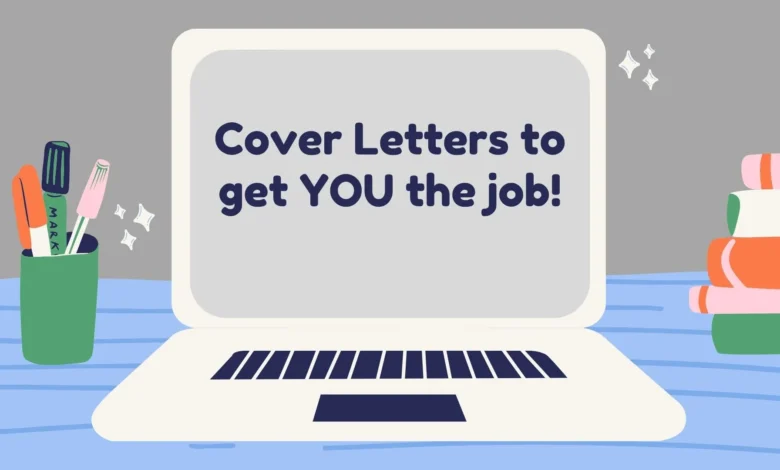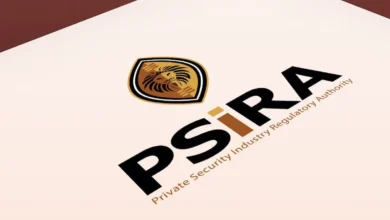important :HOW TO WRITE COVER LETTER IN 2024

Before you start drafting your cover letter, it’s important to keep in mind some key tips to help take your application to the next level. One of the most crucial aspects is to ensure that your cover letter is customized for each specific job you’re applying to.
important When you take the time to tailor your cover letter, it demonstrates to the hiring manager that you’re not simply sending out generic, one-size-fits-all applications. Rather, it shows that you’ve carefully considered how your background and qualifications align with the requirements of the role. This level of personalization can go a long way in making your application stand out from the rest.
In addition to customization, it’s important to use your cover letter as an opportunity to showcase your skills and how they meet the company’s needs. While your hard skills, such as technical expertise or industry experience, should be highlighted, don’t overlook the importance of your soft skills as well. Things like strong communication abilities, problem-solving skills, and a collaborative mindset can all be valuable assets that you’ll want to highlight.

When describing your skills and qualifications, be sure to avoid any generic, empty statements that you can’t back up. The hiring manager can easily spot when an applicant is simply “fluffing” their cover letter with vague platitudes. Instead, provide specific examples that demonstrate your abilities in action. For instance, you might quantify your achievements by sharing data points like percentages, time frames, or other measurable results. Finally, remember to thoroughly research the company you’re applying to before drafting your cover letter.
Take the time to learn about their mission, values, products or services, and any current news or initiatives. This background knowledge will allow you to tailor your cover letter even further, highlighting how your skills and experiences align with the organization’s unique needs and priorities. By keeping these cover letter tips in mind, you can elevate your application and increase your chances of catching the hiring manager’s attention and securing an interview. Original passage: letter to show the hiring manager that you’re interested. Follow the Application Instructions.
important If the job posting asks for something specific in your cover letter or requires a certain format, make sure you include it. Not following instructions can come off as unattentive or signal to the hiring manager that you’re not taking the job seriously. Use the Right Template and Format. Choose the right cover letter format and adapt your cover letter’s look to the industry you’re applying for. For example, if you’re aiming for a job in Law or Finance, you should go for a cleaner, more professional look. But if you’re applying for a field that values innovation, like IT or Design, you have more room for creativity.
IMPORTANT Express Your Enthusiasm. Let the hiring manager know why you’re excited about the job. Your passion for the specific role or the field in general can be a big selling point, and show them that you’re genuinely interested, not just applying left and right. Address Any Gaps. If there are any employment gaps in your resume, your cover letter is a great place to mention why. Elaborate and make the passage longer: When applying for a job, it’s crucial to demonstrate your interest and enthusiasm to the hiring manager through a well-crafted cover letter.
Table of Contents
A cover letter is the first opportunity you have to make a positive impression and showcase your qualifications beyond what’s included in your resume. It’s essential to follow the application instructions provided in the job posting meticulously. If the employer specifies any particular requirements for the cover letter, such as length, format, or content, you must adhere to them. This attention to detail shows the hiring manager that you are attentive, thorough, important and take the application process seriously.

important Failure to follow instructions can suggest a lack of attention or disinterest, which can significantly harm your chances of being considered for the role. When selecting the appropriate cover letter format and design, it’s crucial to tailor your approach based on the industry you’re targeting. For instance, if you’re applying for a position in fields like law or finance, a more conservative and professional look would be appropriate.
Conversely, if you’re seeking a role in industries that value innovation, such as IT or design, you may have more flexibility to incorporate a more creative and visually appealing layout. Expressing your enthusiasm for the job and the company is a powerful way to differentiate yourself from other applicants. Explain to the hiring manager why you’re excited about the specific role and how it aligns with your career goals and passions. important
This genuine enthusiasm can be a significant selling point, as it demonstrates your commitment and genuine interest in the opportunity, rather than merely applying for jobs indiscriminately. If your resume includes any employment gaps, your cover letter provides an excellent platform to address and explain those gaps. Be honest and transparent about the reasons for the gaps, and emphasize how you’ve used that time to acquire new skills, pursue personal growth, or prepare for your next career move.
important Addressing gaps upfront can help alleviate any concerns the hiring manager may have and showcase your ability to navigate challenges. By following these guidelines and tailoring your cover letter to the specific job and industry, you can create a compelling document that sets you apart from the competition and increases your chances of advancing to the next stage of the hiring process. Original passage: “Can set hiring managers at ease—life happens, and employers understand.”
This statement acknowledges that unexpected events can occur in people’s lives, and it reassures the reader that employers are generally understanding of such situations. By recognizing that “life happens,” the passage suggests that applicants should not be overly concerned about minor gaps or irregularities in their employment history. “Check Your Contact Information. Typos in your email address or phone number can mean a missed opportunity.
important Double-check these before sending your application.” This advice emphasizes the importance of providing accurate and up-to-date contact information on job applications. Typos or incorrect details can prevent hiring managers from reaching out to the applicant, potentially leading to missed opportunities. Thoroughly checking this information before submitting the application is a simple but essential step in the job-seeking process. “Mention if You Want to Relocate. If you’re looking for a job that lets you move somewhere else, specify this in your cover letter.”
This point addresses the situation where an applicant is interested in a position that would require them to relocate. By stating their willingness to relocate in the cover letter, the applicant can proactively address this factor and demonstrate their flexibility and commitment to the role. “Keep It Brief.” This final piece of advice suggests that job applications and materials should be concise and to the point. Hiring managers often have to review numerous applications, important

important so providing information in a clear and concise manner can make the applicant’s materials stand out and be more easily digestible. Overall, this passage offers practical and straightforward tips to help job seekers improve their application materials and increase their chances of successfully securing an interview. By addressing common concerns and providing specific recommendations, the passage aims to guide applicants in presenting themselves in the most favorable light.






